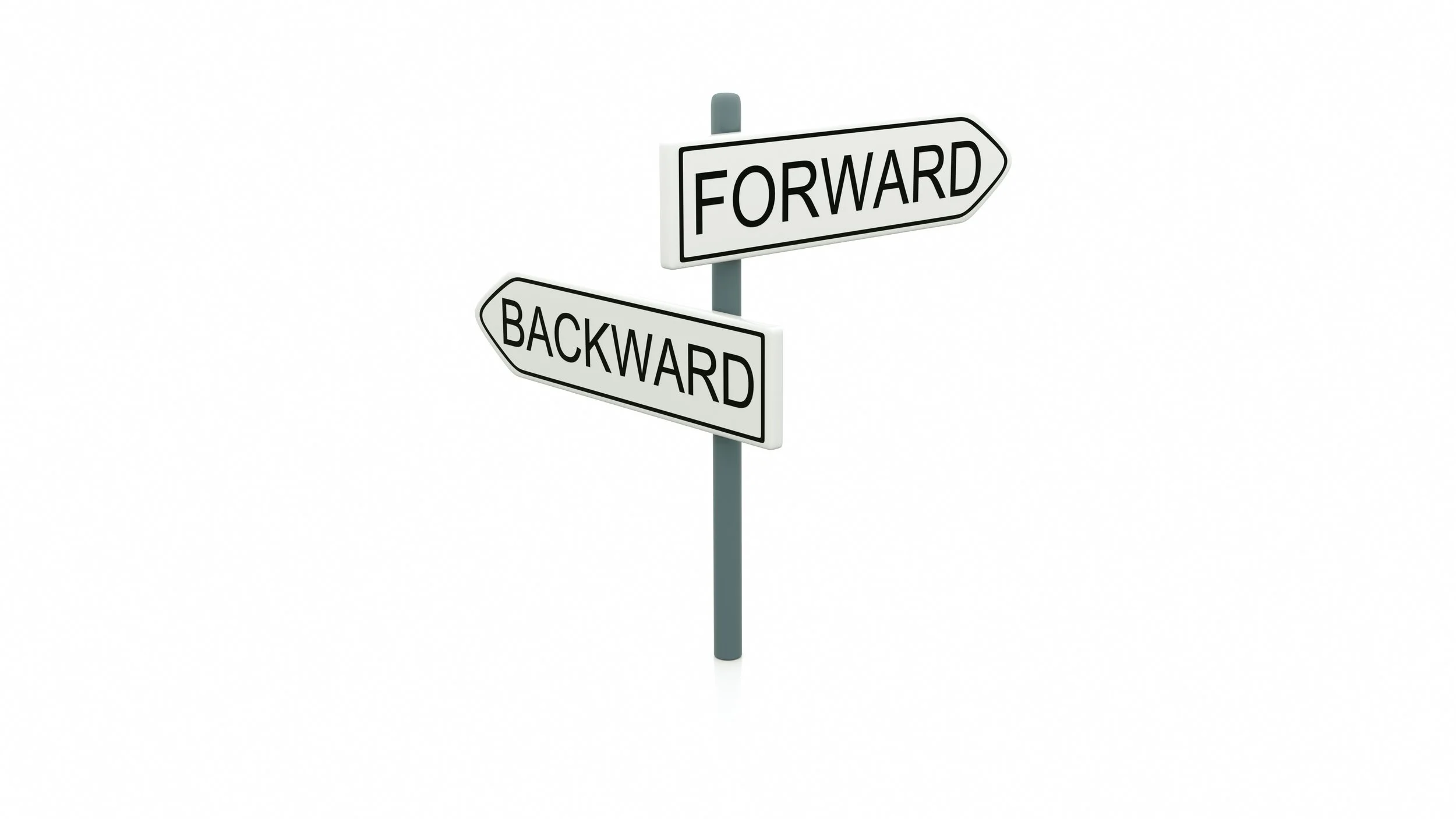I haven’t had to look for one of my core team of doctors for over a decade, but this year I am looking for two, a nephrologist and an endocrinologist. It is a nerve-wracking process and makes me feel unsettled.
I lucked out for the first one, the nephrologist. Someone gave me his name. Of course, I held onto it for way too long before scheduling an appointment. But in the end, I lucked out, and he fit what I was looking for.
Perhaps that spoiled me for the next one.
Again, I chose an endocrinologist from a very short list of recommendations from doctors I trust. I did some research and chose someone who specializes in weight issues because that’s where I am right now. But the office itself is throwing up red flags before I even set foot in the office.
The minor one is that, when I called to get a lab slip, they said “they don’t do that” for new patients. But without current labs, there is nothing to talk about. It is possible they would take a quick A1c in the office, but my diabetes history and the additional conditions mean I need more than just an A1c to start the conversation. The other, more cynical possibility is that they would have the labs done after the appointment, in which case I would have to wait at least three months to have a baseline conversation.
I got a lab slip from another doctor.
The major red flag was when I called for the appointment initially and they said that they needed a referral. Now, I pay through the nose for a PPO, primarily because I don’t want to be told who I can see and who I can’t. The balance of conditions and the need for someone with a certain level of experience and a particular bedside manner is too important to me. So, I have never needed a referral to a doctor in my entire life. But this office was saying they needed one even though my insurance company didn’t.
Wait, what? Why?
At the time, I wrote it off as a weird one off of this hospital system. But as I brought it up to a few more medical professionals, I started hearing it wasn’t an isolated policy. It was happening more and more, specifically in the practices that fall under big hospital systems. I didn’t experience that with the nephrologist because his office is affiliated with the same hospital system, not a part of it.
I was getting suspicious.
When I typed, “Why do i need a referral to a specialist if my insurance company does not require one?” into Google, here is what one website said:
One of our goals is to avoid sending you to an inappropriate specialist which increases cost for healthcare and delays proper treatment. Seeing a primary care physician first gives us a “working diagnosis” to ensure that we are recommending the proper specialist. Your primary care doctor can take care of any testing or imaging that may be required for an accurate diagnosis.
Ooh, I was mad.
The first thing that slapped me was that it was paternalism on crack. Who are you to decide what I need, without even looking at my history? I am not a new diagnosis. I do not need a “working diagnosis”. And making me go to an extra appointment doesn’t increase healthcare costs? At least my healthcare costs.
It also creates unnecessary barriers to care. Most of us have to take time off work to see a doctor. If you don’t have flexibility in your job, if there are transportation or other practical issues, or if you are already struggling with emotions around a condition, an extra appointment is not a good idea.
It was others who pointed out what a money grab it was. Not only do you have the extra appointment, likely within the same system, but also “testing or imaging” that costs exponentially more at a hospital than with an independent provider. I never thought I’d see the day I viewed insurance companies as victims.
I spend a lot of time with healthcare stakeholders who focus on patient inclusivity, fixing access issues, and lowering costs. It’s a Gordian knot and I suspect we have lifetimes to go before we end up with a system that primarily serves the patients who depend on it, but there are good people working on it. Maybe I have spent too much time in that forward-thinking bubble, because it never occurred to me that we would take such a big step backward. Hold at the awful status quo, yes, but not actually go backward.
When did that happen?

